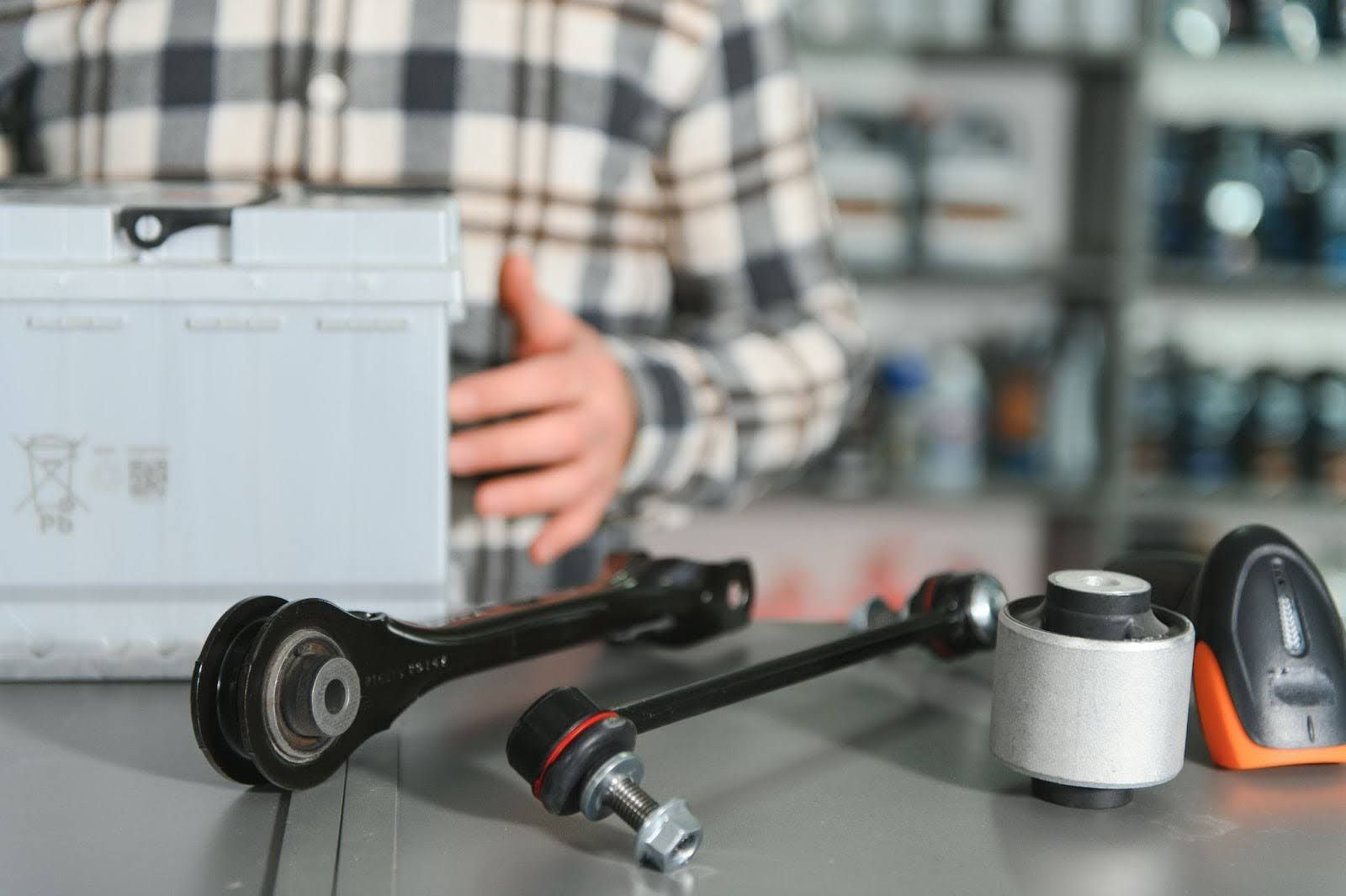Truck and Trailer Maintenance Schedules: Your Roadmap to Longevity
Regular maintenance for trucks and trailers is crucial not only for reliability on the road but also for cost savings over the long term. Ignoring scheduled inspections and component care can result in sudden breakdowns, expensive repairs, and lost time. By carefully aligning your upkeep routines with the unique demands of your operations—whether you run long-distance freight or frequent local stops—you can help ensure that your rigs stay in top condition.
Setting the Foundation for Preventive Care
Proactive maintenance is far more than a box to check—it’s an ongoing commitment to preserving the health of your fleet. Many of the guidelines that shape preventive schedules come from industry best practices and credible regulatory bodies like the Federal Motor Carrier Safety Administration (FMCSA), which emphasizes regular checks on braking systems, lights, and tires.
Although trucks and trailers often share similar components—from braking assemblies to suspension systems—there are variations in how these systems wear down over time. Moisture, dust, contaminants, and sheer mileage are all factors that can degrade truck or trailer parts. By focusing on the items that commonly fail, such as brake pads and air filters, you create a strong base for any maintenance schedule.
Long-Haul vs. Short-Haul Maintenance Strategies
The operational distance your vehicle travels is a significant factor in how you approach upkeep:
- Long-Haul Operations: Trucks that haul freight across multiple states typically accumulate high mileage in relatively short periods. These rigs benefit from more frequent checks on wear-prone parts like brake lines, wheel bearings, and engine components. Given the prolonged engine hours, lubricating moving parts like the drive shaft and steering system becomes indispensable.
- Short-Haul Operations: Vehicles that run shorter routes often face frequent stop-and-go conditions, which can strain brakes, transmissions, and cooling systems differently. Air conditioning systems and alternators also experience unique stress during local runs because of constant restarts and lower-speed driving. Scheduling regular fluid checks ensures that your short-haul trucks and trailers maintain optimum performance without overextending crucial elements like radiators or transmission systems.
Crafting tailored schedules for these scenarios helps avoid blanket approaches that may ignore specific problems unique to each haul type.
Key Components for Longevity
From the engine block to the brake assembly, focusing on individual components in a structured schedule can significantly extend the lifespan of your vehicles:
- Engine and Fuel System: Prioritize oil and filter changes based on manufacturer guidelines and operational hours rather than strictly following a mileage count. Diesel fuel systems particularly benefit from timely fuel filter replacements to prevent clogging and optimize efficiency.
- Braking Systems: Frequent inspections, especially for long-haul rigs, should not be postponed. Brake pad thickness and rotor integrity are paramount, it is advised to conduct monthly checks during periods of heavy use.
- Tires and Wheels: Tread wear and air pressure directly influence overall operational safety. Uneven wear may hint at alignment issues that, if left unchecked, can lead to expensive tire replacements. Regular tire rotations help ensure an even distribution of wear and tear.
- Electrical Components: Lights and wiring systems are easy to overlook until bulbs start blowing out or signals malfunction unexpectedly. High-quality, moisture-resistant connectors and periodic voltage checks can prevent most electrical problems.
- Suspension and Steering: Shock absorbers, ball joints, tie rods, and bushings all take a beating over time. Properly functioning suspension and steering are central to comfortable handling and accident prevention.
Insights from Las Vegas Repair Experts
Local feedback is invaluable. In the Las Vegas region, where temperature extremes and dusty conditions are common, mechanics often notice a higher frequency of worn-out filters, dehydrated hoses, and clouded coolant. Integrating climate-specific checks into your maintenance plan can save significant downtime. This might include using higher-viscosity engine oils designed for hot conditions and scheduling extra checks during summer months.
Building relationships with repair experts in your area also fosters trust and offers you timely tips on parts availability and best servicing practices. You can tap into these insights to adapt your maintenance schedule whenever environmental conditions, parts technology, or operational demands shift.
Comprehensive Checklists for Every Stage
Highly detailed checklists can make the difference between reactive and proactive maintenance. At Legacy Truck Parts, we recommend dividing your inspections into three categories:
- Daily/Weekly Visual Checks
Frame a routine where drivers do a quick scan for tire pressure, fluid leaks, and safety lights before and after each trip. - Monthly/Quarterly In-Depth Inspections
Check the braking system, steering alignment, and all filters. This is an ideal time to organize minor fixes before they escalate. - Annual Full-System Overhaul
A thorough inspection at least once a year can catch hidden issues. Major components like turbochargers, transmissions, and differentials should be tested and serviced in detail.
Documenting each inspection cycle can reveal trends and repeated issues, allowing you to adjust timescales and focus areas according to real-world data.
Where to Go From Here
Having a robust and adaptable maintenance schedule for your trucks and trailers is an investment in short-term efficiency and long-term fleet health. It protects your vehicles from downtime, extends their operational life, and enhances overall reliability. If you have questions about specialized or hard-to-find parts or simply need an expert opinion about your fleet’s current condition, feel free to get in touch with us through our contact page. We look forward to supporting you on the road to a more reliable, long-lasting fleet.











